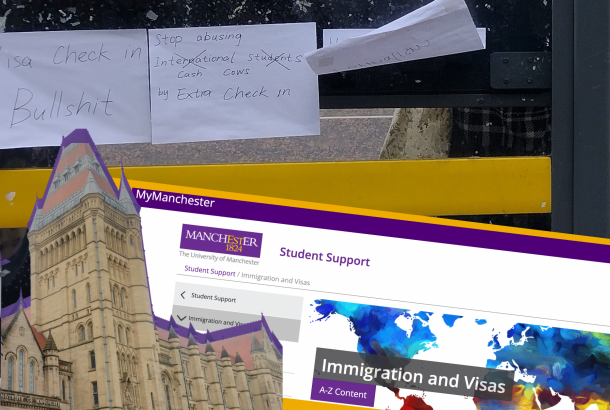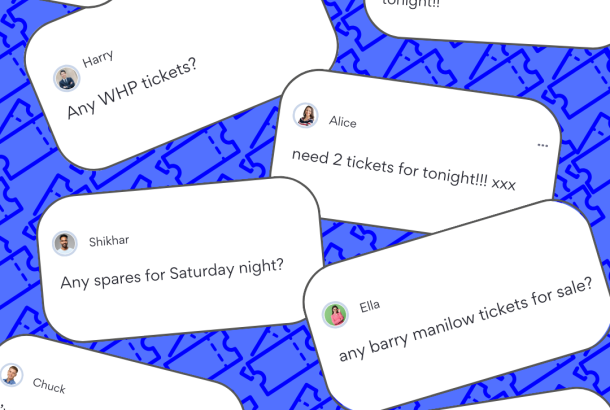‘At home, I’m not scared’: Remote learning through the eyes of disabled students

The shift to online learning has been challenging for many, but for disabled students – a sizable proportion of the student cohort – the move has had some positives.
Until the Covid-19 pandemic, The University of Manchester did not offer remote learning for disabled students.
Attending university predominantly required physical attendance to lectures and tutorials. As a result, many missed valuable teaching when they could not make it to campus.
Support plans curated by The University’s Disability Advisory Support Service (DASS) detailed students’ needs. However, online learning was not considered possible – or arguably necessary – for students unable to access campus.
Instead, the university directed disabled students to podcast-recordings of lectures, often without adequate subtitling or captions.
As Kiya Hornby, a third-year Disaster Management student who suffers with ME, pointed out: “[lecture recordings are] designed for people sat in the room.”
Despite the benefits brought by online learning, the university is largely relying on the platform Zoom to deliver live lectures, which has no means of generating captions. This means that, for many disabled students, online lectures are difficult to access.
Students expressed outrage towards this, calling on the support of their peers on the Facebook group Manchester Student Group (MSG).
Syd, Chair of UoM Disabled Student’s Society, intends to file a formal complaint against the university, as he argues this demonstrates the university’s lack of commitment to accessibility for all students.
“You can use other platforms,” he said, having earlier recommended Google Teams. “It’s another case of ‘we will be accessible, but only as far as we have to be’.”
Online learning has, however, provided real benefits to some students. Kiya Hornby noted how, prior to the online shift, “there were no options.”
In spite of her care plan, the university told Kiya she must “come in as much as possible.”
“If I don’t come in, there’s nothing [more] they can do to help me,” she said.
Disabilities Officer, Jas Taylor, shared Kiya’s views in valuing the freedom and control remote learning provided.
She explained: “I no longer have attendance warnings placed on me because I am unable to go in. [At home] I’m not scared of having seizures because of the fire alarms.”
However, there are still questions over why it took a global pandemic for these provisions to be put in place for the University’s disabled students.
Jas said that for the almost 7000 disabled students, this was “a big kick in the face.”
Syd shared this sentiment: “These are access requests that disabled students have been asking for for years and were refused.
“[The University of Manchester] didn’t do this for us, they did it because abled students suddenly needed it.”
A University of Manchester spokesperson said: “As a University, we have always been committed to providing support for our disabled students. Our Disability Advisory and Support Service ensures students receive tailored support for their individual requirements.
“The University is clear that we want to further develop our inclusive approach to teaching and learning.
“During the COVID-19 pandemic, the switch to online learning has been a positive experience for many disabled students, though we feel it is important to recognise that different students have different needs. But as an institution, we know there is [sic] always areas we can improve.”
It seems unlikely students will return to face-to-face learning this academic year, given the rise in students and staff testing positive for the virus.
Whilst online learning has posed many difficulties for the University and its students, it has shown that greater access is achievable.







